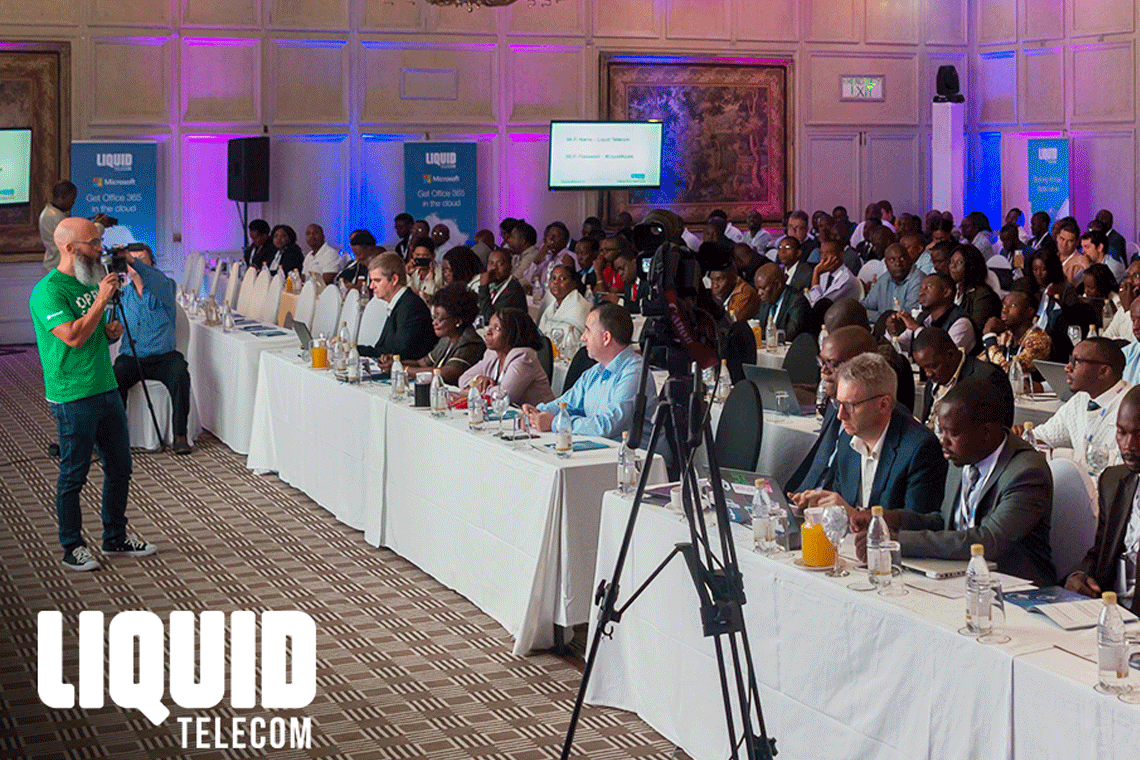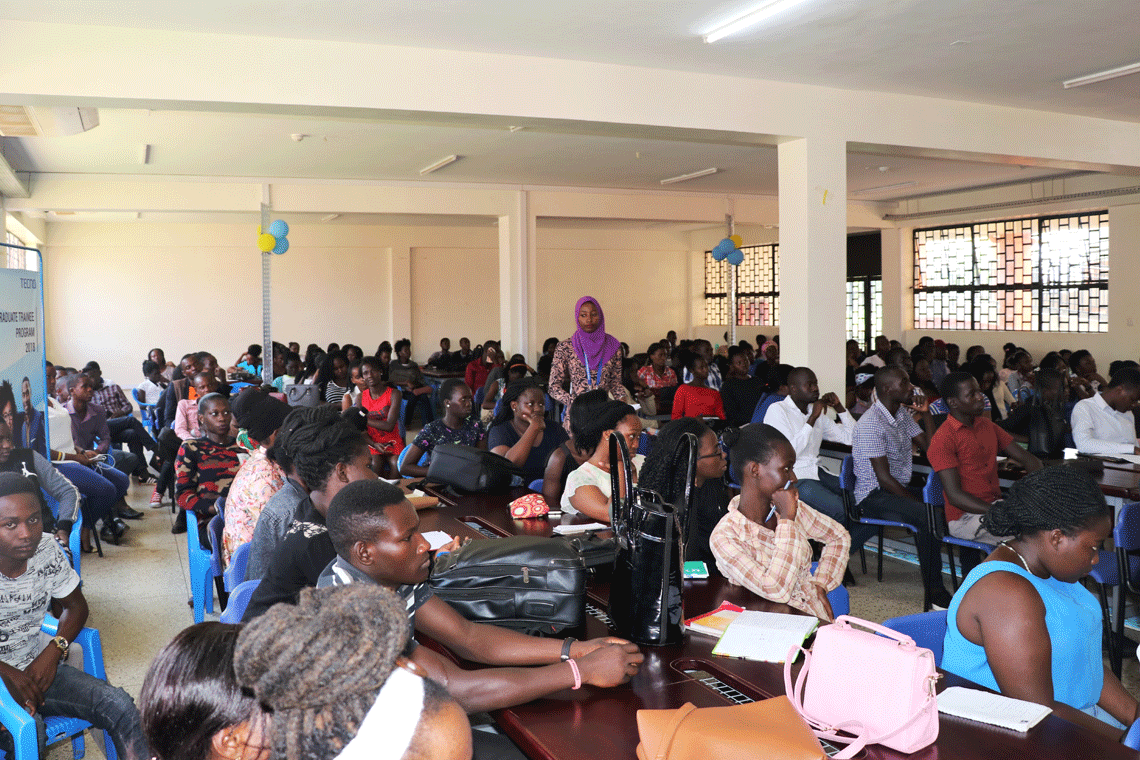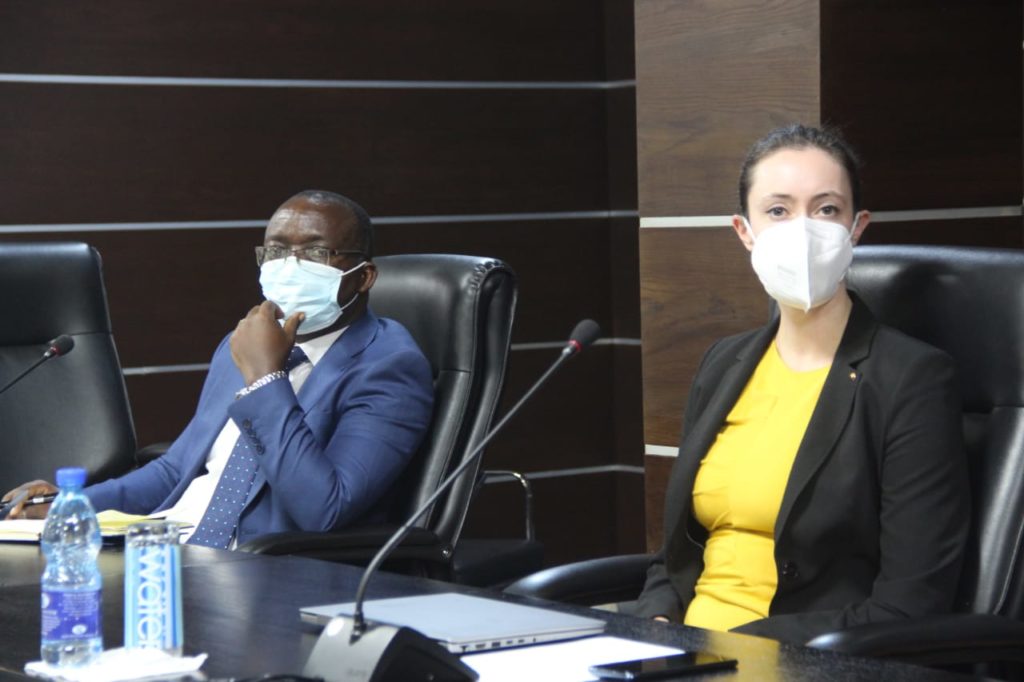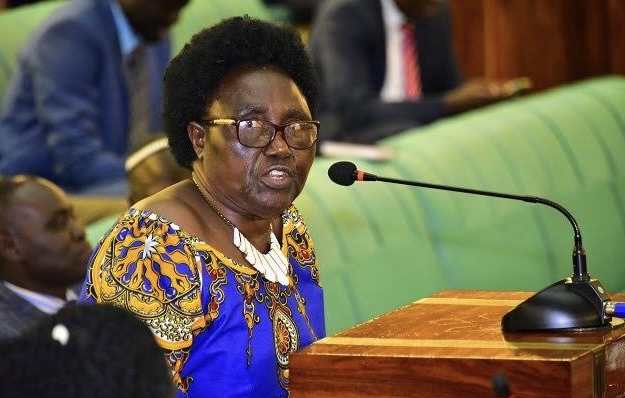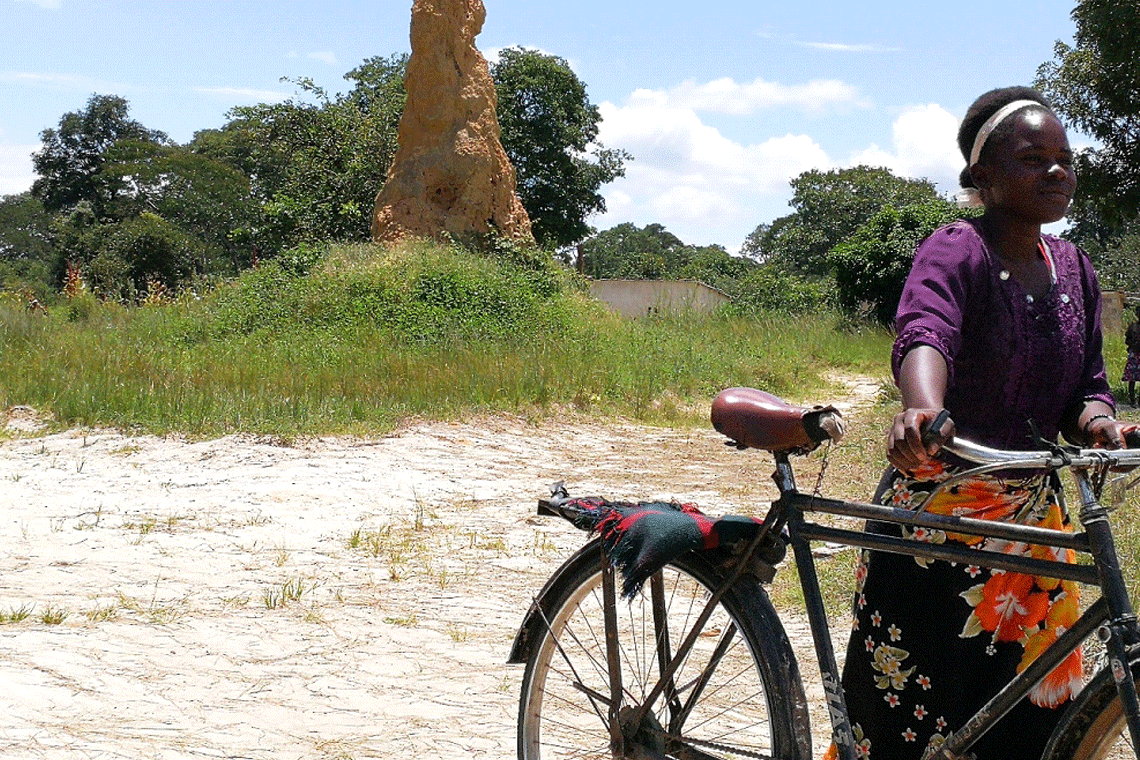• The Directive of the education minister Is embarrassing Government as an ignorant player in the dynamics of the Free Market Economy
Last month, the Ugandan minister of education and sports instructed all schools to desist from increasing school fees this term. She issued the directive on the eve of the opening of the third term amidst rising prices of essential commodities, not only in the country but around the globe. While the directive was good news for the parents, its applicability remains practically impossible. Legally speaking, the directive of the minister has got no locus-standi because government has a limit on how far it can interfere with the private schools. Therefore, the directive to regulate school fees can only be binding on government-controlled public schools only.
Why is it so?
The Historical context. During the sixties, the government of Uganda was running a socialist system which envisaged complete government control of the whole economy. Under that system, the prices of the essential goods like sugar, paraffin, coffee, cotton, transport costs, school fees etcetera, were determined by the central government. The minister of finance had to read the price of each and every commodity on the market. President Milton Obote who had arrogated himself the docket of minister of finance enjoyed himself reading the budget that had the entire price list of every product. The citizens had to glue themselves onto the radio to listen to the prices of the essential commodities like sugar and paraffin, which were sensitive in their day-to-day survival.
At that time, it was not possible for any school to hike school fees or any shop to over-charge the price of sugar like it is today. This was because it had been formulated by the socialist economic system that envisaged overall economic control by the central government. This socialist system was used from independence in 1962 up to 1990 when the socialist system collapsed with the fall of the Soviet Union. The then President of the Soviet Union, Michael Gorbachev who died last week, had introduced a liberal system which had reforms that destroyed the socialist system.
President Gorbachev’s reforms allowed liberal views which included introduction of democracy, liberalization of the economy, freedom of the press and others. The contestation between the Eastern bloc and Western bloc commonly known as the cold war had come to an end. The socialist system was no more as the capitalist West had taken over the world economy. The capitalists` system envisages an economic system where the private sector determines the prices of almost all commodities and services in the economy.
As earlier revealed in this article, the Ugandan government had adopted a socialist system where it had complete control of the prices of the goods and services from 1962 up to 1992 when the Breton woods institutions of the International Monetary Fund (IMF) and the World Bank came in with the structural adjustment program and imposed them on the African governments.
The Ugandan President Museveni, who was a known socialist by training, having derived a lot of inspiration from the likes of Tanzanian President Julius Nyerere and Dr Milton Obote, was forced to adjust to the capitalist system as a precondition to receive the much-needed aid that would be used to run the country. His government had to privatize all profit generating institutions and close the ones considered to be making loses. The government also had to embark on exercises like the retrenchment where every institution had to cut down on the number of workers it had on its payroll.
That was the time when the Ugandan government liberalized the entire economy. It withdrew from almost all sectors of the economy including those that were supposed to be service delivery options for the people. Although the private sector was good at some point, government made the mistake of embarking on a wholesale privatization policy. Some of us have argued that it was wrong to privatize institutions that deliver essential services to the citizens like water, electricity, transport, banking, health, and schools amongst others. This is because these entities can be manipulated by the private actors who can hike the prices of those services in question.
For instance, we had Uganda Commercial Bank that had tentacles in the whole country. This bank was not supposed to be sold or privatized because it interacted with the local citizen. By privatizing the commercial bank, you were simply leaving the local citizen at the mercy of the sharks in the private sector who could embark on the exploitation process of charging high interest rates on the loans, and bank charges. Likewise, government was however right to remain active in the health sector, to challenge the private sector-driven health centers. Although government has adopted the same approach with the education sector, the quality of education has suffered tremendously due to competition from the private sector-driven schools. The private schools have invested a lot in infrastructure by building very posh classroom blocks, equipped the laboratories and libraries, paid the teachers well and improved on the meals delivered to the students.
This means that these private schools had to make sure that they get a return on the big investment they had put in by periodically hiking the school fares. Interestingly, the parents have been willing accomplices in the high fees that are charged by these schools. Now, when the economy went on a recession on account of the war between Russia and Ukraine, that drove up the fuel prices and other essential products, it obviously affected all sectors of the economy.
With the hyperinflation of the prices of usable products like school chalk, desks, beds, food consumed by the students at school, transport and accommodation for the teachers. It obviously means that the school fees cannot remain constant. Now, it was a natural phenomenon that schools had to take into account those realities by hiking school fees to remain in the business. Therefore, the directive of the education minister might suffer the ignominy of being ignored. Why?
First of all, there is no law that forbids any school from hiking school fees. And as you know, anything that isn’t forbidden by law cannot simply be stopped by mere sentiments or emotions. What law will the education minister use to stop schools from hiking the fees? Secondly, if government stops private schools from increasing the fares, will it stop collecting taxes from those schools? How can you determine the rates for an entity which is paying you taxes? Will government contribute to the economic survival of those schools? Thirdly, Uganda is running a free-market economy where prices are determined by forces of demand and supply.
In a free market economy, the forces of demand come into play in the sense that if you overcharge the consumers, they will automatically run to the cheapest option. This means that if the consumers continue to demand for a given product whose price has been increased, then it is good to go. The only remedy is for the consumer to feel cheated and take their money to another service providers. In this case it’s incumbent upon the parents to shun schools over charging the fees and opt for cheaper schools. Therefore, the directive to stop schools from increasing school fees is not only embarrassing government as an ignorant player in the dynamics of the free-market economy, but it is sentimentally driven to play to the gallery.
Author Profile

- Fred Daka Kamwada is a seasoned journalist, blogger and political analyst for over a decade in Uganda
Latest entries
 BusinessJanuary 20, 2023Economic Crumps: Pres Museveni Should Institute a Salaries, Wages Commission to Reduce the Awful Public Expenditure
BusinessJanuary 20, 2023Economic Crumps: Pres Museveni Should Institute a Salaries, Wages Commission to Reduce the Awful Public Expenditure BusinessJanuary 9, 2023Tougher Times Ahead as China is Most Likely to Attack Taiwan and Send the 2023 Global Economy into a Terrible Spin
BusinessJanuary 9, 2023Tougher Times Ahead as China is Most Likely to Attack Taiwan and Send the 2023 Global Economy into a Terrible Spin FeaturedJanuary 5, 2023Tell Not the Lies: Juggling into The Two Embarrassing Falsehoods President Yoweri Museveni Told the Nation Last Year
FeaturedJanuary 5, 2023Tell Not the Lies: Juggling into The Two Embarrassing Falsehoods President Yoweri Museveni Told the Nation Last Year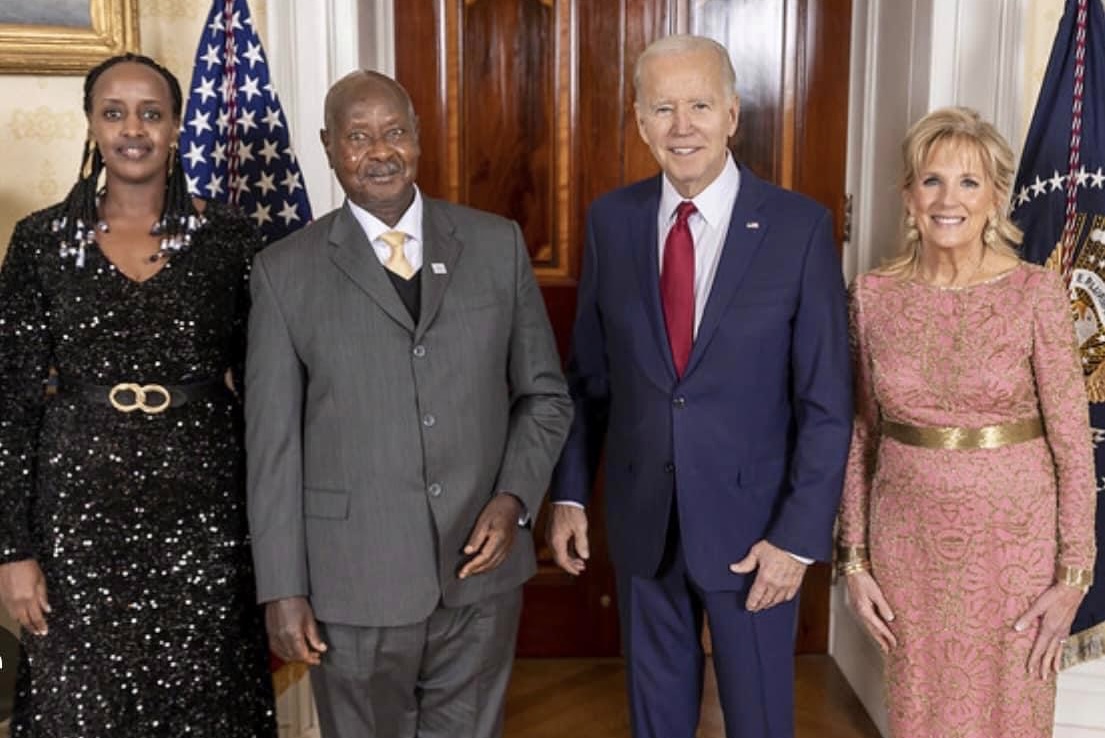 FeaturedDecember 26, 2022US-Africa Summit: Reasons Why President Museveni’s Agitation for ITTS With America Is Shallow, Unrealistic and Untenable
FeaturedDecember 26, 2022US-Africa Summit: Reasons Why President Museveni’s Agitation for ITTS With America Is Shallow, Unrealistic and Untenable









